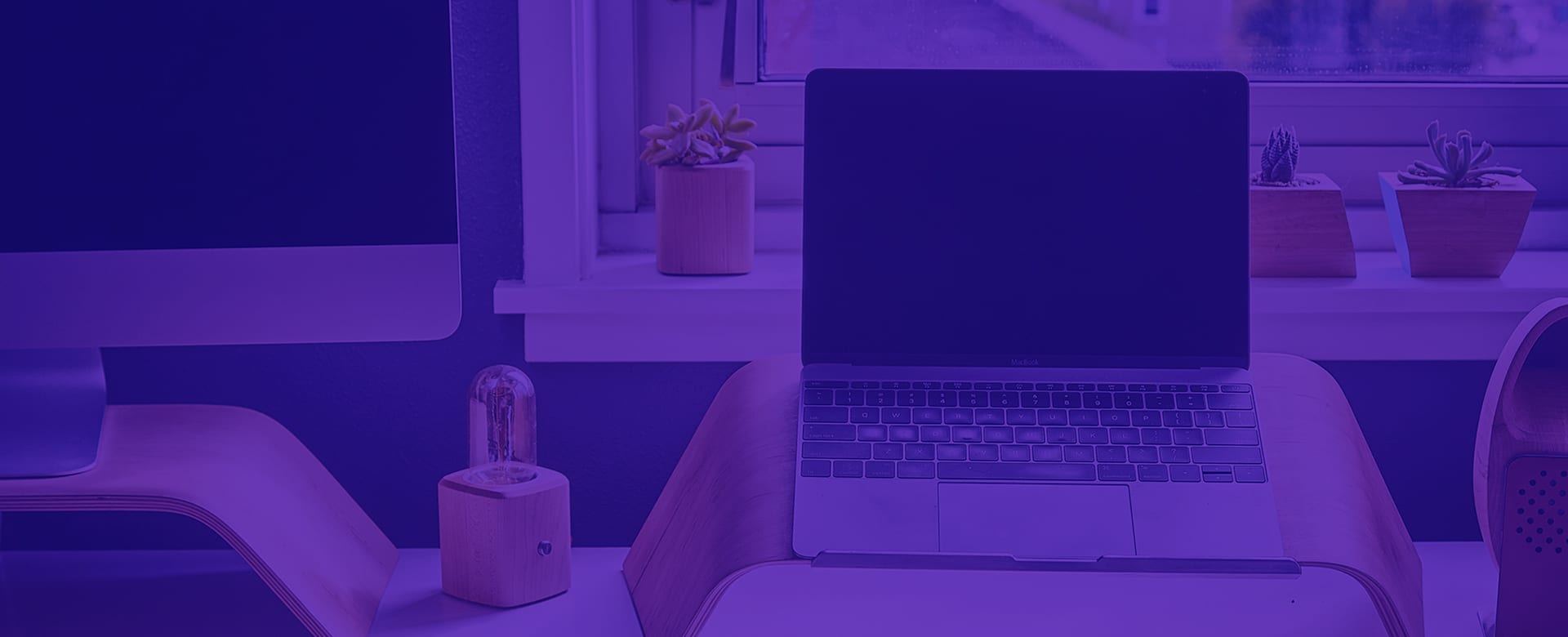Android Developer Verification: Google is New Security Move and What It Means for Businesses
Google is rolling out a major security initiative that will reshape how apps are installed across the Android ecosystem. Beginning in October 2025, every developer, whether they publish through the Play Store or distribute apps through sideloading, will need to pass a verification process before their apps can be installed on devices. This is a pivotal step in balancing Android is greatest strength, its openness, with much-needed security that protects users around the world.
Unlike iOS, where apps are tightly controlled, Android has always embraced freedom, giving developers the flexibility to distribute apps directly through websites, alternative stores, or personal links. While this openness has fueled innovation and accessibility, it has also provided opportunities for scammers and malware creators. According to Google is research, malware from sideloaded apps is fifty times more common than from apps on the Play Store. Suzanne Frey, Google is VP for Product, Trust & Growth on Android, summarized the vision perfectly: You should not have to choose between open and secure. The new system is designed to keep Android open while ensuring greater peace of mind for users.
The verification process will not function as a detailed content review but more like an identity check. Google will focus on confirming the legitimacy of developers, similar to how passports verify traveler identities before airport screening. By creating accountability, malicious developers will find it far harder to disappear and return under new names. Once flagged, their records will remain visible, building a more trustworthy and transparent environment. To support this transition, Google is launching a new Android Developer Console specifically for developers who distribute apps outside the Play Store. The process will be simple, with account types designed for hobbyists, students, independent coders, and professional developers, ensuring that everyone can continue to distribute apps freely but now with added trust.
The rollout begins in October 2025 with early access, expands to all developers by March 2026, and becomes mandatory in September 2026 across Brazil, Indonesia, Singapore, and Thailand, with a global rollout planned for 2027. Governments and industry bodies are already voicing support Brazil is banking federation called the move “a significant advancement in protecting users,†while Indonesia praised its balanced approach. Even the Developers Alliance has recognized this as a critical step toward long-term trust in the ecosystem.
For businesses and developers, this initiative is not just about compliance it is about building credibility. Verified developers will stand out in a competitive market where trust increasingly defines success. But security is only one part of the equation. To thrive in today is digital-first world, businesses need strong foundations in technology and design, which is where TechScooper becomes a valuable partner. From creating scalable platforms through web development to delivering seamless user experiences with mobile app development, strengthening visibility through digital marketing, or building impactful brand stories with creative services, TechScooper ensures businesses can meet security requirements while continuing to innovate and grow.
In the end, Google is Android developer verification does not close the ecosystem it strengthens it. By reducing anonymity and enforcing accountability, Google is protecting users without compromising the freedom that makes Android unique. For developers and businesses, the smartest path forward is to embrace verification early, invest in strong digital solutions, and build the kind of trust that drives lasting success.































































